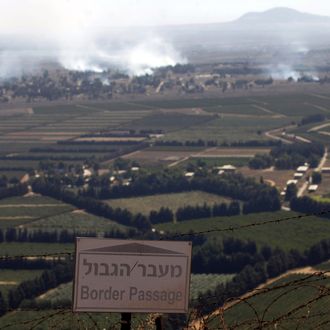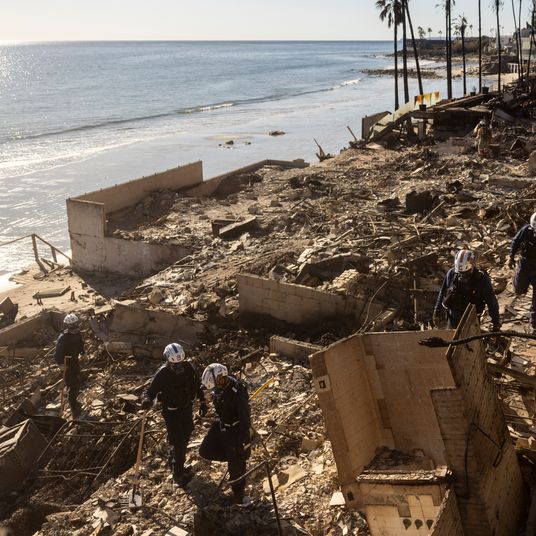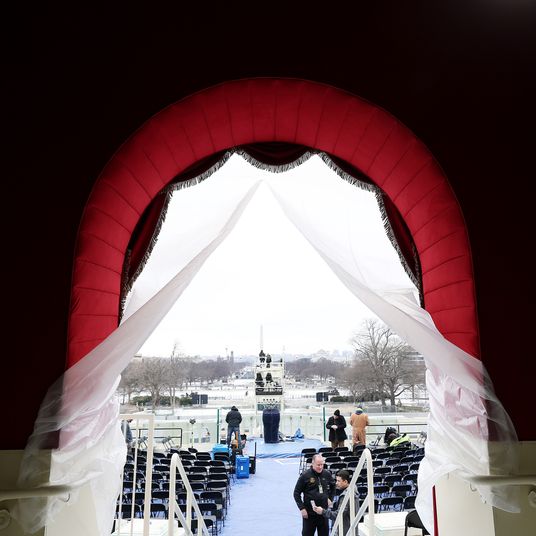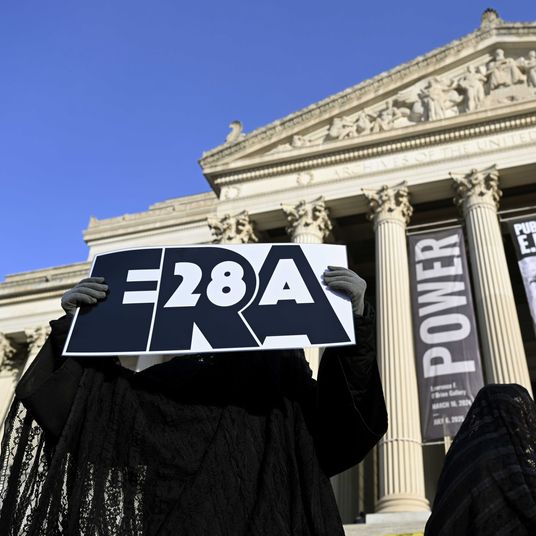
Syrian rebels have seized control of a border crossing with Israel in the Golan Heights, after defeating president Bashar al-Assad’s troops in the area.
The Golan Heights is a region on Israel’s northeast border with Syria, and was controlled by Syria until Israel seized it during 1967’s Six Day War. (Israel’s claim over it has not been internationally recognized.) The Syrian Observatory for Human Rights says the clashes on Wednesday killed at least 20 government soldiers, as well as an indeterminate number of rebels from the al-Nusra Front faction, which has pledged allegiance to al-Qaeda, and previously worked together with ISIS against the Assad regime.
The location is not considered a big strategic win in the Syrian civil war — Syrian government troops remain in control of a nearby crossing — but the fighting also spilled over into Israeli territory, when the northeast of the Golan was hit by flying mortar shells Wednesday. (Residents of the area had received evacuation notices earlier that day.) A soldier was also hit, for which Israel responded with fire.
The region is not just religiously and symbolically important for Israel, but also serves as an important water source. Estimates say that Israel gets between 15 and 30 percent of its water from the Golan, which will make the country very nervous if it begins to look like rebels are planning to move into its territory.
But a spokesman for the rebels, Kenan Mohammed, said Israel has nothing to fear at the moment. “Our aim isn’t Israel right now, and we in the FSA haven’t targeted Israeli lands,” he told the AP. “The matter of Israel — it’s not for now, and it’s more political.”





























